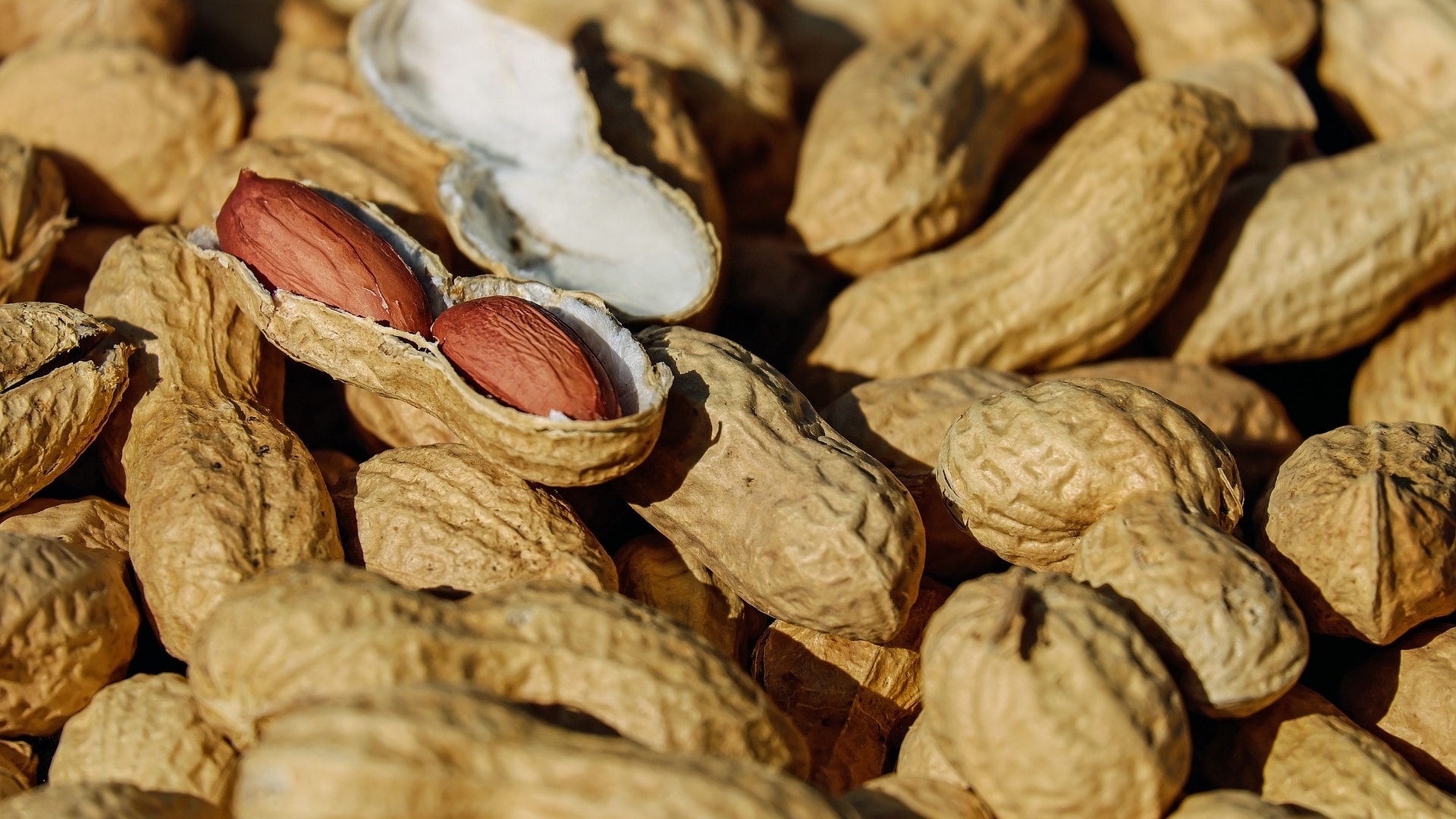Antioxidants are compounds that protect the body by neutralizing harmful molecules called free radicals. Free radicals can lead to chronic diseases and contribute to aging. Therefore, consuming foods rich in antioxidants can support overall health. Below, we delve into a range of antioxidant-rich foods, exploring their benefits and the science behind them.
Antioxidant-Rich Fruits
Fruits are outstanding providers of antioxidants, and numerous studies have underscored their protective qualities against long-term illnesses. Some prominent examples of fruits are:
Berries: Blueberries, strawberries, raspberries, and blackberries are renowned for their high antioxidant capacity. Blueberries, in particular, contain anthocyanins that have been linked to improved brain function and reduced heart disease risk. A study published in the *Journal of Agricultural and Food Chemistry* reported that blueberries have the highest antioxidant capacity among commonly consumed fruits and vegetables.
Citrus Fruits: Oranges, lemons, limes, and grapefruit are packed with vitamin C, a potent antioxidant that boosts immune system performance and promotes healthy skin. Studies show that vitamin C may aid in decreasing inflammation and strengthening the body’s protection against oxidative damage.
Grapes: Rich in resveratrol, especially the red and black varieties, grapes have been shown to lower blood pressure and reduce the risk of heart disease. The resveratrol in grapes has been associated with heart health benefits due to its antioxidant properties.
Vegetables Rich in Antioxidants
Vegetables also represent a crucial element of an antioxidant-rich diet. Notable vegetable options are:
Leafy Greens: Kale, spinach, and Swiss chard are packed with vitamins A, C, and K and boast a variety of antioxidants, including beta-carotene and flavonoids. Consuming a diet abundant in these greens has been linked to a reduced likelihood of developing chronic illnesses, such as heart disease and cancer.
Broccoli: This cruciferous vegetable is high in sulforaphane, a compound believed to have cancer-fighting properties. Research indicates that sulforaphane can augment detoxifying enzymes, potentially leading to a reduced cancer risk.
Sweet Potatoes: Containing beta-carotene, which the body converts into vitamin A, sweet potatoes help maintain eye health and support the immune system. They are also an excellent source of dietary fiber.
Antioxidant-Rich Nuts and Seeds
Nuts and seeds are not only versatile snacks but also packed with beneficial antioxidants.
Walnuts: Rich in polyphenols, walnuts have been studied for their potential to reduce oxidative stress and inflammation. Consuming walnuts regularly may improve cardiovascular health, as indicated by various studies.
Almonds: Packed with vitamin E, an antioxidant pivotal in protecting cells from oxidative damage, almonds are also beneficial for skin health. They have been shown to lower levels of LDL cholesterol, reducing heart disease risk.
Chia Seeds: Known for their omega-3 fatty acids, chia seeds also contain antioxidants that promote heart health and stabilize blood sugar levels.
Antioxidant-Rich Beverages
Some beverages are noted for their antioxidant content, making them healthy choices for daily consumption.
Green Tea: Rich in catechins, particularly epigallocatechin gallate (EGCG), green tea is associated with a multitude of health advantages, such as aiding in weight control and lowering the likelihood of cancer. Research indicates that consistent intake may enhance cardiovascular well-being.
Red Wine: Containing resveratrol, red wine in moderation may contribute to heart health. It’s important to remember the need for moderation due to the adverse effects of excessive alcohol consumption.
Coffee: Remarkably rich in antioxidants, coffee includes chlorogenic acid, a compound that could aid in diminishing inflammation and enhancing cholesterol profiles.
These foods reveals a diverse array of options available for integrating antioxidants into one’s diet. A well-rounded approach emphasizes incorporating a variety of these foods regularly, fostering a foundation for lifelong health and vitality. By understanding and choosing antioxidant-rich foods, we can make steps toward enhanced wellness and disease prevention.







